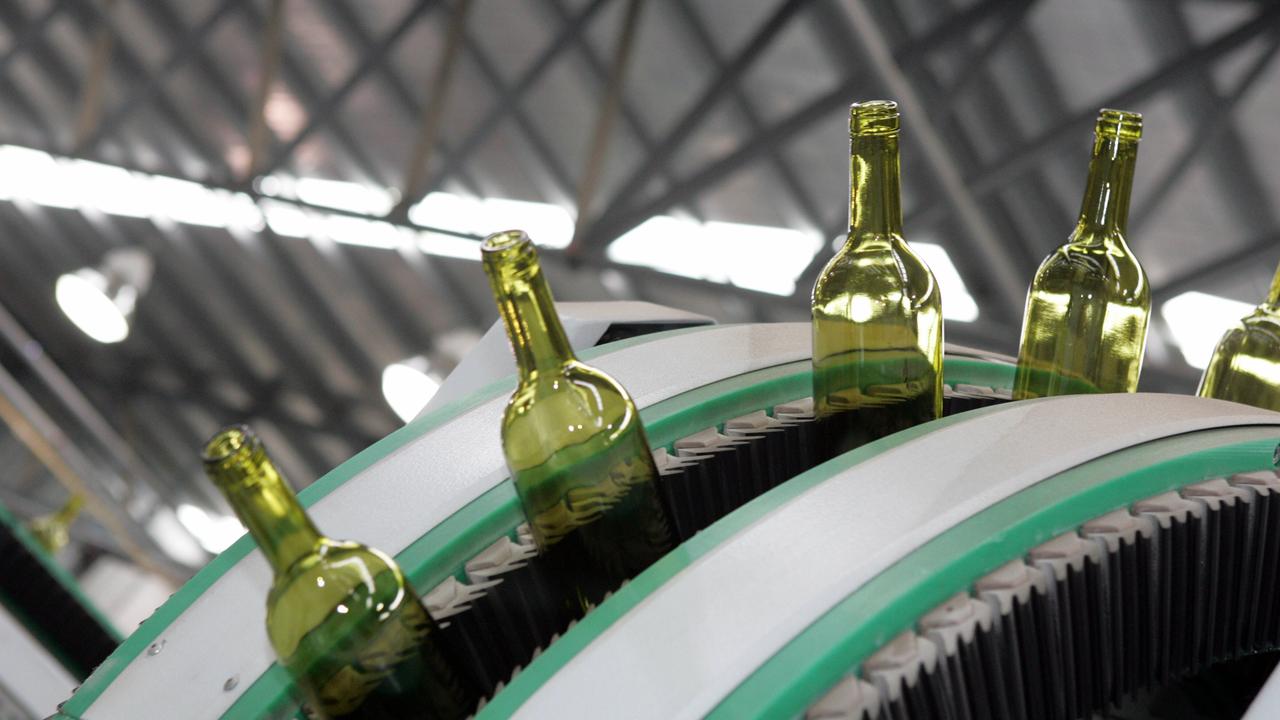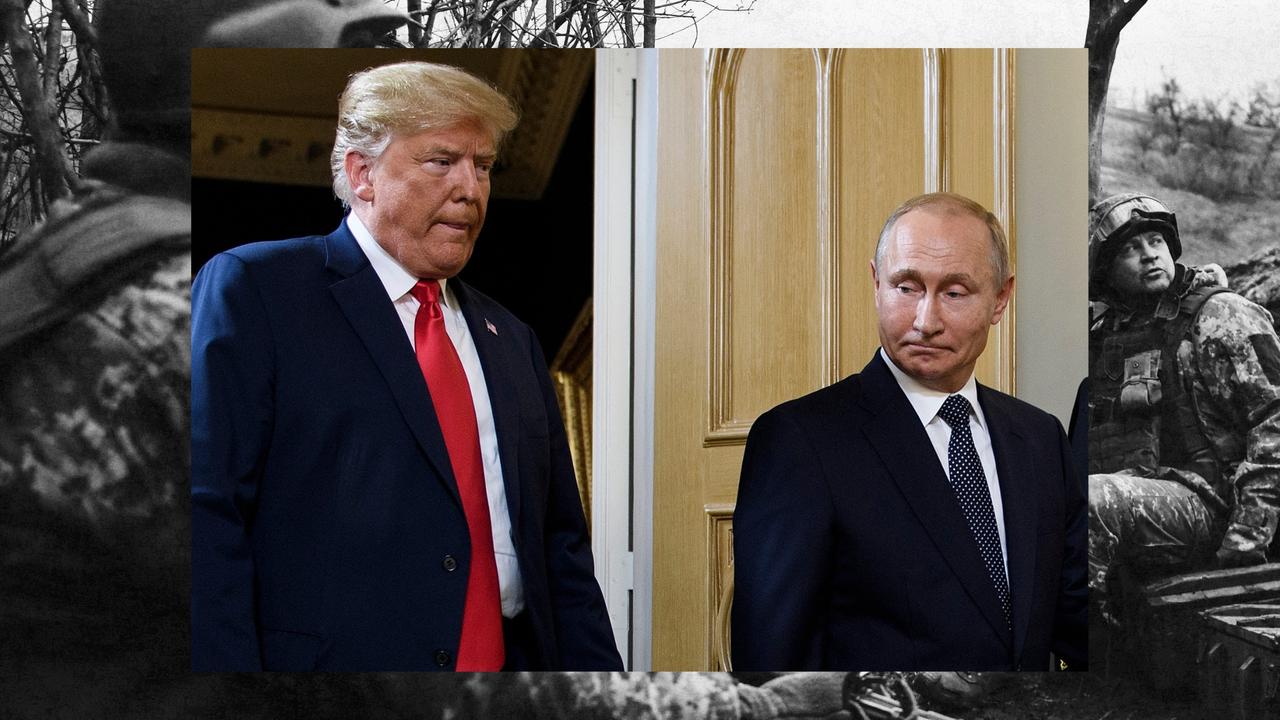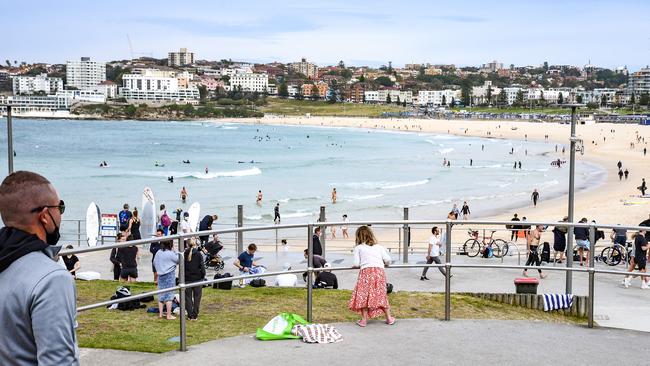
Years ago I had a boss who suggested that my living in the inner city meant I had no idea about the lives and values of most Australians, those living in the suburbs and regions. I thought it was a ludicrous criticism, this idea that our location determined what we understood about others. Now I am not so sure.
After the past 11 weeks of Sydney lockdown I put my hand up to ignorance about the lives and values of people who live on the other side of this city where Delta is testing our politicians and our health system and our sense of social cohesion. I’d assumed that while we might have different views on everything from religion to football, when it came to health and the public space Australians were more or less in agreement.
Not that I had any evidence. I’ve rarely visited the local government areas where Sydney’s current outbreak is focused. But then again, it didn’t really seem to matter too much.
Don’t most of us stay in our villages and stick with our tribes in big cities? It’s a way of shrinking the set back to a manageable scale. Unless your work or family ties take you out of your zone, most of us don’t deliberately go to the shops or pubs in suburbs far from our own. In lockdown, that has turned out to matter a great deal.
There is no one reason Covid-19 cases in the western and southern suburbs of Sydney are higher than in other areas.
We are told it’s about the higher transmission rates in larger families living in one household. We know many residents are essential workers who can’t stay home, that many simply can’t afford to be sick, let alone stay inside when they are not well. We wonder about the relatively young people who have died at home. Can these Australians really be afraid of hospitals? How much does language or religion or country of origin influence decisions about testing and vaccination or seeking help when sick?
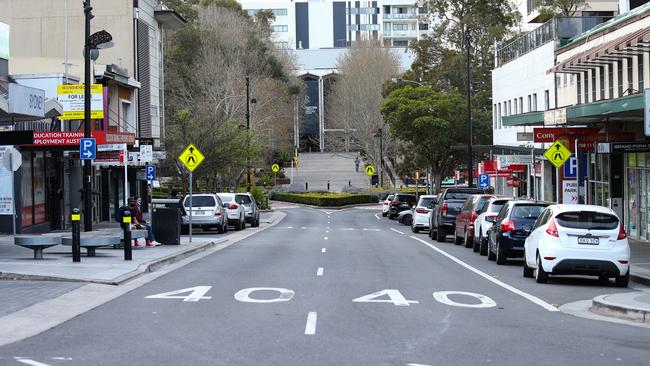
For a while in lockdown, we did not dare to ask these questions: they were racist and unfair and, worse than that, highly dangerous. Instead I found myself hoping the Premier would announce an increase in cases in the suburbs near me, just to prove we are all one. Each day, as NSW health officials listed the deaths from Covid-19, I waited for at least one or two of them to be from my area.
Surely this outbreak was just bad luck? It could happen anywhere, after all. And phew, after a slow start, vaccination rates in the hot spots are now soaring, suggesting in the end that we are all on the same page after all?
Yet Covid has disrupted some of those certainties about our own community. When the crisis passes, it will surely be time for a closer look at the “cultural geography” that one of our most eminent sociologists, Andrew Jakubowicz, emeritus professor at the University of Technology Sydney, wrote about on The Conversation website early in the lockdown in July.
Jakubowicz argued we had no clear idea of how Covid affected various ethnic groups because relevant data “remains unavailable to the public, a sure sign politics has trumped science”. He suggested “frontline workers, multicultural health communications workers, contact tracers and community engagement staff in state agencies … may be working with more than one hand tied behind their backs” because of our fear of using data about country of origin or language spoken at home.
“It’s not us, it’s them” is surely the most dangerous phrase we can utter or even think, but it’s one I’ve heard in recent weeks as Covid cases remain stubbornly high in specific suburbs on the other side of Sydney.
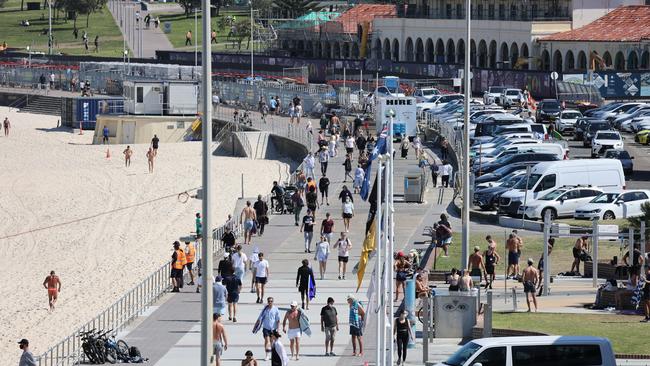
We have believed for a long time Australia’s success as a migrant country has been a second generation that adopts the common culture, one bred not at home but in our school playgrounds and then later at work.
We know some migrants, from Italians to Lebanese, never master English, but we have relied on their children and grandchildren forming a homogenous society.
Religious leaders over generations have tried to keep their tribes apart to preserve their power – think the Catholic schools that in the mid-20th century bred a staunch, separate cultural and religious allegiance at a time when Protestants held the power. But ultimately belonging to the wider culture has proved too attractive. But now here’s Covid, intersecting deeply with the way we all live.
We recognise we have never been a classless country, but Australia’s strength until now has been to at least publicly minimise economic, social and cultural differences. If we don’t call them out, we have a better chance at delivering that fair go, right?
We are learning more about the coronavirus as it continues but we’re also discovering things about our own society that are, in the long term, just as important.
It’s not about dissolving the differences – surely an impossible task – but about understanding when those differences work to our advantage and when they don’t. One thing we know for sure, “it’s not us, it’s them” will not get us far.


